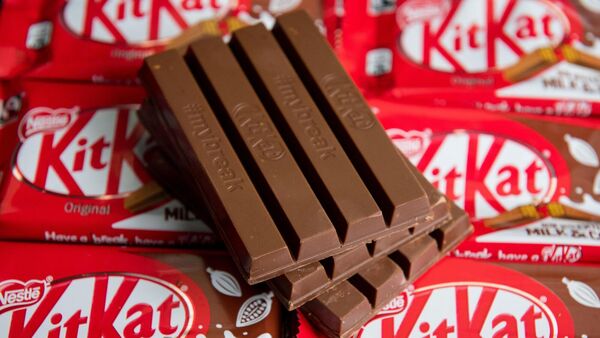Nestle has abandoned pledges to make major brands including KitKat and Perrier carbon neutral, joining a nascent corporate pushback against programs that let polluters compensate for their own greenhouse gas emissions by investing in efforts to reduce them elsewhere.
The world’s biggest food company joins airline EasyJet and Gucci-owner Kering in backing away from so-called carbon offsetting as a way to meet net zero emissions targets. Consumer groups say the practice is misleading for shoppers and doesn’t always mean emissions are falling.
Nestle is shifting toward in-house programmes to reduce greenhouse gas emissions in its operations and supply chain, a spokesperson said. The Swiss food company also dropped plans to make plant-based meal lines Sweet Earth Foods and Garden Gourmet carbon neutral.
Carbon-offset programmes don’t really reduce businesses’ impact on the climate, critics say, even though the label does have appeal for well-meaning consumers.
“If you’re a consumer in the supermarket, you have no way to know how much of a carbon neutral claim is from actual emissions reductions and how much is from these dubious carbon-offsetting projects,” said Emma Calvert, a food-policy officer at European consumer-rights organization BEUC, which wants to ban “carbon neutral” claims on food.
Multinationals are under pressure to help prevent the planet from heating up more than 1.5 degrees Celsius. The net-zero standard requires companies to set long-term science-based targets to cut all possible emissions before 2050.
While Nestle is abandoning carbon offsets, it still aims to achieve net zero in 2050, planning to reach that through measures often known as “insets”. That includes actions like helping farmers shift to regenerative agriculture, restoring wetlands, protecting habitats for pollinators and planting hedgerows to prevent soil erosion.
Insets however are problematic as well. It’s hard to check the methodologies that companies use and there are no global verification standards, according to the NewClimate Institute. Those measures could give consumers a false impression of a company’s impact on climate, the group said.
The issue is we expect companies to regulate themselves, said Alban Grosdidier, a climate campaigner at Friends of the Earth Europe.
“Reduction plans should be mandatory for companies of a certain size,” he said.

